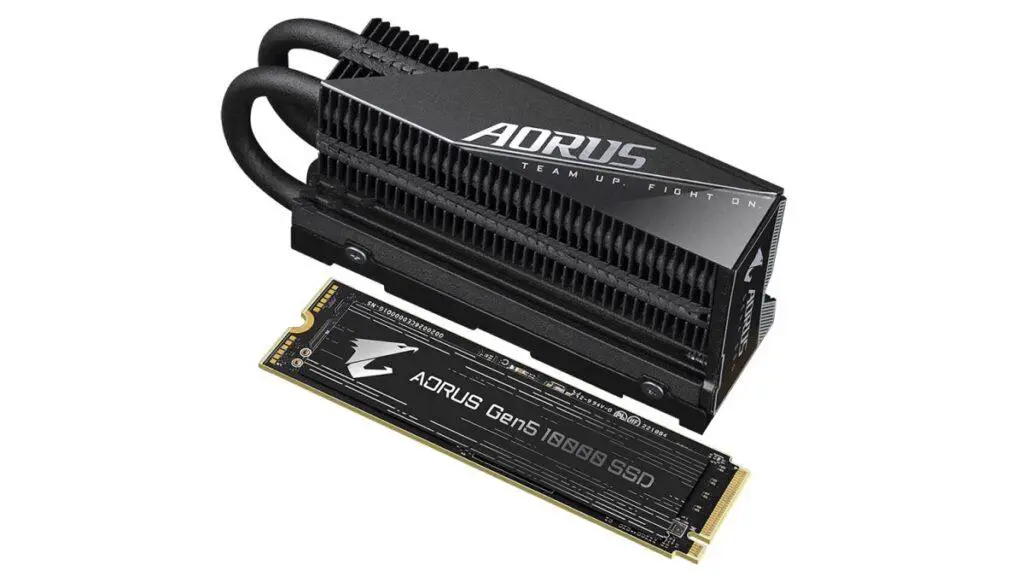Several PCIe 5.0 SSDs crashed due to overheating
At present, an increasing number of PCIe 5.0 SSDs permeate the market, albeit primarily appealing to a niche community of enthusiasts. However, as the assortment and volume of sales escalate, these early adopters are starting to encounter a plethora of diverse challenges. Among these, one that has already sparked a significant amount of discourse is the effect of elevated power consumption and heat levels on the performance of PCIe 5.0 SSDs.
A study conducted by Computerbase encompassing several market-available PCIe 5.0 SSDs, including Corsair MP700, Crucial T700, Seagate FireCuda 540, Gigabyte Aorus Gen5 10000, and ADATA Legend 970, has noted customer reports of spontaneous system crashes or shutdowns during usage. Notably, these reports were most frequently and predominantly associated with Corsair’s MP700 product.

Interestingly, these PCIe 5.0 SSDs are all marketed with attached heat sinks, theoretically averting overheating which could cause the SSD’s protective mechanisms to falter and potentially lead to work cessation even before thermal throttling could be initiated. Furthermore, these SSD models employ Phison’s PS5026-E26 controller chip and utilize version 22 firmware.
Phison Electronics has recently launched the 22.1 firmware update, introducing link state thermal control to diminish PCIe interface speed, essentially throttling down from PCIe 5.0 to 4.0, or even 3.0. By reducing the temperature of the PCIe physical layer, SSDs are safeguarded from crashes or shutdowns due to overheating. It is understood that the thermal threshold for the 22.1 firmware is set at 85℃.
Consumers must await for the SSD manufacturers to provide the 22.1 firmware updates. While Seagate has yet to announce a definitive release date, Gigabyte has pledged an imminent release. In any case, those opting for PCIe 5.0 SSDs are strongly advised to use them in conjunction with heat sinks, as these products are explicitly designed for such usage.





